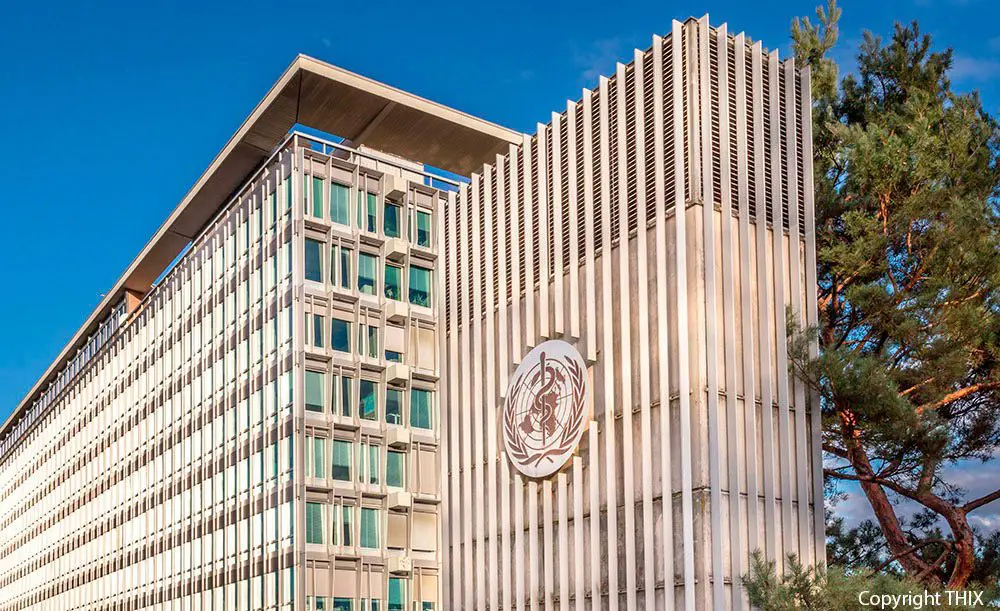WHO and Estonia have agreed to collaborate on developing a digitally enhanced International Certificate of Vaccination, a “smart yellow card” to help strengthen the effectiveness of the COVAX initiative, which has been established to speed development and equitable access to COVID-19 vaccines.
The agreement signed between His Excellency Jüri Ratas, Prime Minister of Estonia and Dr Tedros Adhanom Ghebreyesus, WHO Director-General on 5 October 2020, covers working together across a range of digital health projects and innovations in addition to the vaccination card. These include a global framework for health data interoperability, and guidelines for national ePrescription and eDispensing systems, as well as the European Roadmap for the Digitalization of National Health Systems.
“The World Health Organization can play a huge role in global digital health governance. Our pilot project presents an extraordinary opportunity for the Estonian community to help the world in the fight against COVID-19 and to make our experience of building digital services global,” said Prime Minister Ratas.
Also speaking at the signing ceremony, Dr Hans Henri P. Kluge, WHO Regional Director for Europe, recognized Estonia’s leading role in digital health. “Estonia has emerged as a regional and global front runner in digital health by creating digital public services that are freely accessible by all – and that traverse education, health and welfare sectors. They are Europe’s digital success story, and have much to offer the international community, through sharing of their knowledge and expertise for the creation of digital public health goods to improve the quality of life for millions,” he commented.
Prioritizing digital health in the WHO European Region
Empowerment through digital health is 1 of 4 flagship initiatives that were endorsed by European Region Member States in September 2020 as part of the European Programme of Work 2020–2025. This initiative seeks to provide technical and policy guidance and expertise on the safety and efficacy of digital health solutions across the Region, and ensure that they are used in a way that preserves equity and human rights.
One of its key objectives is to deliver the European Roadmap for the Digitalization of National Health Systems as a blueprint for the design of digital health and social care architectures; as a baseline for orienting and measuring digital health system investment and reform; and as a catalyst for funding, research and partner engagement for digital health. The agreement signed between WHO and the Government of Estonia will contribute to this work.
Referring to the agreement signed, Dr Tedros concluded, “My thanks again to the Government of Estonia, for sharing the knowledge they gained in their efforts to develop equitable and safe digital technologies, and especially to his Excellency, Prime Minister Ratas. Our strong commitment to work together brings us further down the road towards more equitable health and well-being for all”.







